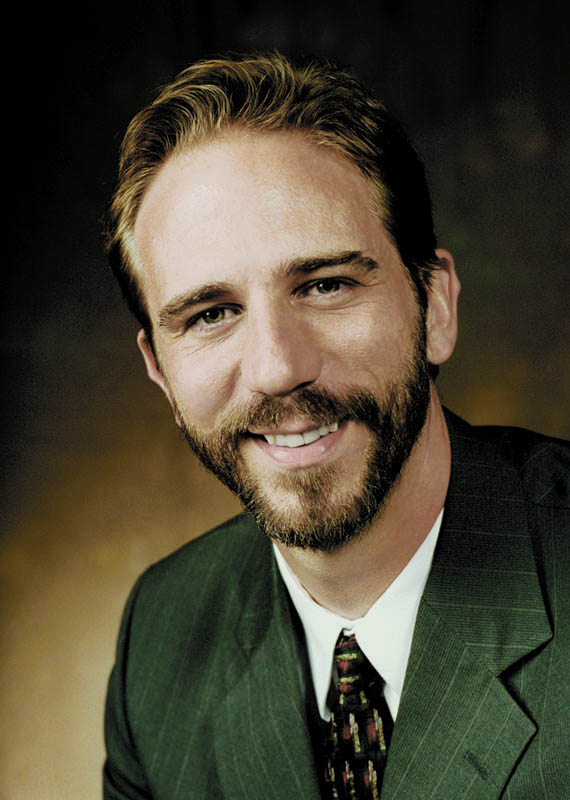
JACKSON, Tenn. (BP)–While it is always risky to draw historical analogies, a legitimate parallel can be identified between the Germany of the early 20th century and the Muslim world today. The condition they share is the politics of cultural despair.
The phrase comes from the brilliant book by Fritz Stern, which documented the rise of a romantic and irrational Germanic nationalism that prepared the way for Nazism and Adolf Hitler. Faced with modern cultural developments perceived to be lethal to German identity and national well-being, a cadre of intellectuals in Germany responded to this “cultural despair” by developing a toxic, irrational, violent, right-wing, anti-semitic nationalism. Political parties shaped by this thinking grew in strength after the shocking German defeat during World War I. Emerging victorious was the National Socialist German Workers’ Party — the Nazis.
The Nazis took power by democratic election in 1933, and did not relinquish it until their regime collapsed under Allied attack in May 1945. In those twelve long years the Nazis managed to destroy democracy in Germany, start a second world war which cost over 50 million lives, and obliterate six million Jews and millions of others.
Islamic culture has a rich and proud legacy. For almost a thousand years Muslims were the most powerful political and cultural force in the world. Their intellectual and cultural contributions to world civilization were [and in many ways still are] extraordinary. Westerners, including Christians, have no excuse for our ignorance of this significant world culture.
However, the Muslim world has never really recovered from western colonialism and the collapse of the Ottoman Empire. Muslim states are generally weak, unstable, authoritarian, and antidemocratic. And Muslims, on the whole, have never come to terms with the existence of Israel, located in the Jewish people’s historic homeland but carved out of Arab land and internationally recognized [over the Arab world’s violent objections] in 1948.
Reeling from such political and cultural losses, the Islamic world has been deeply susceptible to the politics of cultural despair. Responding to their own profound frustrations, some Islamic intellectuals, clerics, and political leaders have developed their own brand of toxic religio-nationalist ideologies. It is this so-called Islamic fundamentalism that produced the men who have been waging war on our nation not just since September 11 but long before that.
There is one element that both 20th century German and 21st century Muslim cultural despair have in common — antisemitism. It seems that under conditions of cultural stress it is the miserable historic lot of the Jewish people to be everyone’s scapegoat.
The Arab press today frequently resembles nationalist German newspapers of the 1920s and 1930s. Jews are blamed for everything — poverty, powerlessness, violence, and defeat. Fevered imaginings of an international Jewish conspiracy to rule the world, which once made the rounds in Europe, now surface in Muslim nations. It has been widely claimed in the Arab press, for example, that the Jewish secret service somehow engineered the September 11 attacks! The pressure of cultural despair causes people to lose contact with reality and drift into magical thinking and general irrationality. It happened in Germany. It can happen anywhere when the conditions are right.
The parallel is grim, but not hopeless. Cultural despair produced the Nazis, but their victory in Germany was not inevitable. And despite cultural despair, the Nazis never received anything close to a majority in a free and fair vote.
Within the Muslim world today are many responsible people who know that Islamic fundamentalism is no way forward. To the extent that we have influence, our nation must do all it can to help these kinds of voices prevail — including rethinking our overall use of power in that region to reduce the grievances that fuel extremism and terror. As Christians, we should press our government to do just that, while praying for this same outcome as well.
–30–
Gushee is the Graves Associate Professor of Moral Philosophy and senior fellow with the Carl F.H. Henry Center for Christian Leadership at Union University, Jackson, Tenn.

















